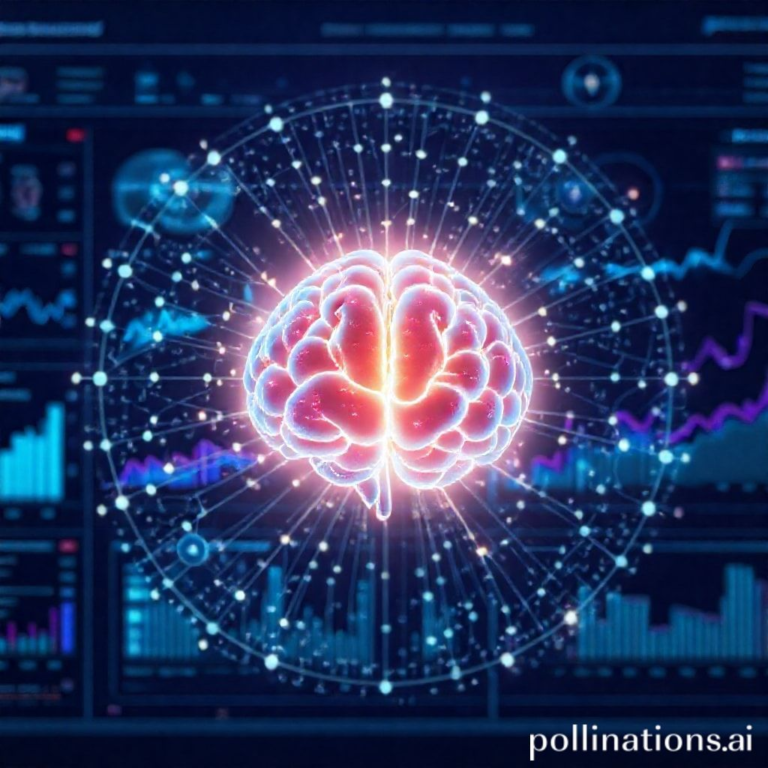
AI Virtual Assistants: Future-Proofing Efficiency & Productivity
Remember when virtual assistants were just a novelty, a fun voice to ask about the weather or set a simple timer? Fast forward to today, and these digital companions are rapidly evolving from mere command-and-response tools into sophisticated, intelligent partners. Thanks to the relentless march of Artificial intelligence (AI), the future of virtual assistants promises not just convenience, but a fundamental shift in how we approach efficiency and productivity, both in our personal lives and across the professional landscape. Get ready to explore how these AI-powered allies are not just enhancing, but truly future-proofing the way we work and live.
The Evolution of Virtual Assistants: From Basic to Brilliant
The journey of virtual assistants began humbly. Early iterations, like the first voice recognition software, were clunky and limited, often misunderstanding even simple commands. Then came the era of rule-based assistants, capable of executing predefined tasks with moderate accuracy. Think of the early versions of popular smart speakers – great for playing music or giving you a quick fact, but easily stumped by anything outside their programmed parameters.
Beyond Simple Commands: The AI Revolution
The real game-changer has been the integration of advanced AI, specifically Natural Language Processing (NLP) and Machine Learning (ML). NLP allows virtual assistants to understand human language not just by keywords, but by context, nuance, and intent. This means you can speak to them more naturally, as if conversing with another person. ML, on the other hand, enables these assistants to learn from every interaction, continually improving their accuracy, understanding, and ability to predict your needs. This shift is transforming them from reactive tools into proactive, intelligent partners.
Key Enhancements AI Brings to Virtual Assistants
AI isn’t just making virtual assistants smarter; it’s fundamentally expanding their capabilities in ways that directly translate to enhanced efficiency and productivity.
Unprecedented Personalization and Contextual Understanding
One of AI’s most powerful contributions is the ability to personalize interactions to an unprecedented degree. Future AI virtual assistants won’t just know your name; they’ll understand your preferences, habits, and even your emotional state based on your voice tone and past interactions. They’ll remember your favorite coffee order, your preferred meeting times, and the specific colleagues you collaborate with most often. This deep contextual understanding allows them to anticipate your needs, offering relevant suggestions before you even articulate them – whether it’s adjusting your smart home’s temperature based on your commute time or prioritizing emails from a critical client.
Proactive Assistance and Predictive Capabilities
Gone are the days when you had to explicitly tell your assistant what to do. AI empowers them to be proactive. Imagine an assistant that notices a flight delay and automatically rebooks your connecting flight, informs your colleagues, and updates your calendar. Or one that analyzes your project deadlines, identifies potential bottlenecks, and suggests resource reallocation. By leveraging predictive analytics, these assistants can flag potential issues, offer solutions, and even initiate tasks on your behalf, freeing up your mental bandwidth for more strategic thinking.
Seamless Integration Across Ecosystems
The modern digital landscape is fragmented, with dozens of apps, devices, and platforms. AI-powered virtual assistants are becoming the central nervous system that connects them all. They can seamlessly integrate with your email, calendar, CRM, project management software, smart home devices, and even your car’s infotainment system. This integration creates a unified, effortless experience, allowing you to manage complex workflows or daily routines from a single, intuitive interface, eliminating the need to constantly switch between applications.
Enhanced Problem-Solving and Decision Support
Beyond simple task execution, advanced AI assistants are becoming invaluable for complex problem-solving. They can sift through vast amounts of data, summarize lengthy reports, identify trends, and even offer data-driven insights to help you make better decisions. For instance, a sales assistant could analyze customer interaction data to suggest the best next steps for a lead, or a financial assistant could provide personalized investment recommendations based on real-time market data and your risk tolerance.
Real-World Impact: Boosting Efficiency and Productivity
The theoretical benefits of AI-powered virtual assistants are exciting, but their real power lies in their tangible impact on our daily lives and work.
Transforming the Workplace
In the professional realm, AI virtual assistants are poised to be game-changers. They can automate a vast array of mundane, repetitive tasks that currently consume valuable employee time. Think about scheduling meetings, transcribing notes, managing expenses, ordering supplies, onboarding new employees, or even providing first-level IT support. By offloading these administrative burdens, human employees are freed up to focus on higher-value, creative, and strategic work that truly requires human intellect and empathy. This doesn’t just increase individual productivity; it streamlines entire departmental operations, leading to more efficient workflows and better resource allocation across the organization.

Revolutionizing Personal Productivity
At home, AI virtual assistants will become indispensable personal concierges. Imagine an assistant that manages your entire household: ordering groceries when supplies run low, optimizing energy usage, managing family calendars, booking appointments, and even suggesting dinner recipes based on dietary preferences and available ingredients. For individuals, this means less time spent on chores and administrative tasks, and more time for personal growth, hobbies, and quality time with loved ones. They can help manage personal finances, track fitness goals, and even provide language learning support, making personal development more accessible and integrated into daily life.

Challenges and Ethical Considerations
While the future looks bright, it’s crucial to acknowledge the challenges and ethical considerations that accompany the rise of advanced AI virtual assistants.
Data Privacy and Security
As these assistants become more integrated into our lives, they will handle an unprecedented amount of personal and sensitive data. Ensuring robust data privacy protocols, secure encryption, and transparent data usage policies will be paramount. Users must have control over their data and trust that it is protected from misuse or breaches.
The Human Touch vs. Automation
There’s a delicate balance to strike between automating tasks and preserving essential human interaction. While AI can handle routine queries, complex problem-solving, emotional support, and creative brainstorming often still require the unique capabilities of human intelligence and empathy. The goal should always be to augment human capabilities, not to replace the irreplaceable.
Algorithmic Bias
AI systems learn from the data they are fed. If this data contains biases (e.g., historical biases in hiring or lending), the AI assistant can perpetuate and even amplify them. Developing fair, transparent, and unbiased algorithms is a critical ethical challenge that requires careful attention from developers and policymakers.
The Road Ahead: What’s Next for AI Virtual Assistants?
The journey is far from over. The next generation of AI virtual assistants promises even more astonishing capabilities.
Hyper-Intelligent and Emotionally Aware AI
Future assistants will not only understand what you say but also how you feel. They’ll be able to detect nuances in your voice, facial expressions (via cameras), and even body language to respond with greater empathy and appropriateness. Imagine an assistant that senses your stress levels and proactively suggests a break, or helps you re-prioritize tasks to reduce workload. This emotional intelligence will make interactions feel more natural and supportive.
Specialized AI Assistants
Beyond general-purpose assistants, we’ll see the rise of highly specialized AI assistants tailored for specific industries and professions. Medical assistants could help diagnose conditions and manage patient records, legal assistants could sift through case law, and financial assistants could provide hyper-personalized investment advice. These domain-specific VAs, armed with deep knowledge, will revolutionize expert fields, making specialized information and assistance more accessible and efficient.

Conclusion
The future of AI-powered virtual assistants is not just about making our lives a little easier; it’s about fundamentally reshaping the landscape of efficiency and productivity. From transforming the mundane tasks of daily work into seamless automated processes to providing personalized support in our personal lives, these intelligent companions are set to unlock unprecedented levels of human potential. While challenges around privacy, ethics, and the human-AI balance remain, the trajectory is clear: AI virtual assistants will be indispensable partners, empowering us to focus on what truly matters, fostering innovation, and ultimately, future-proofing our ability to thrive in an increasingly complex world. The era of the truly intelligent, proactive, and personalized virtual assistant is not just coming; it’s already beginning to redefine our future.



